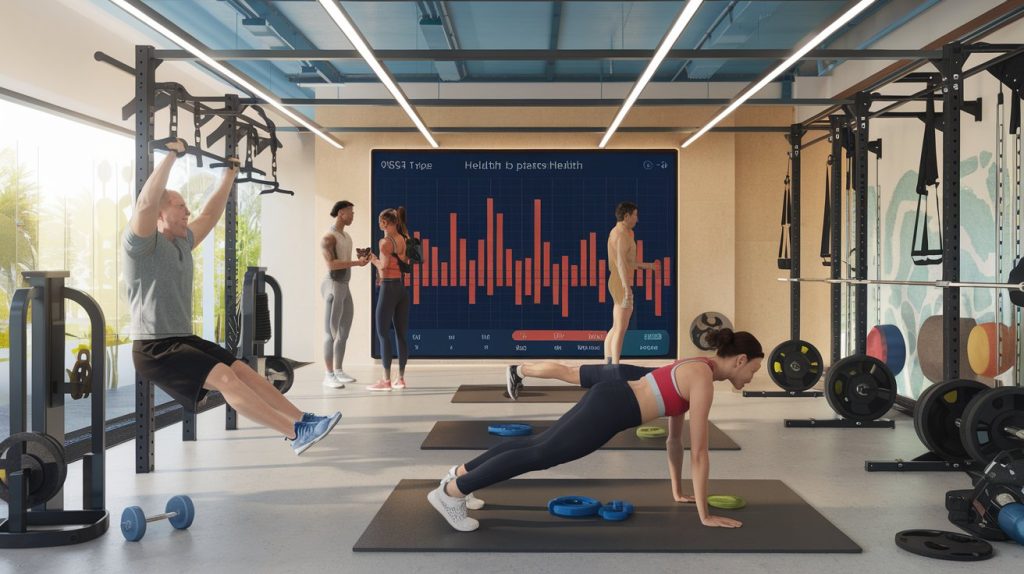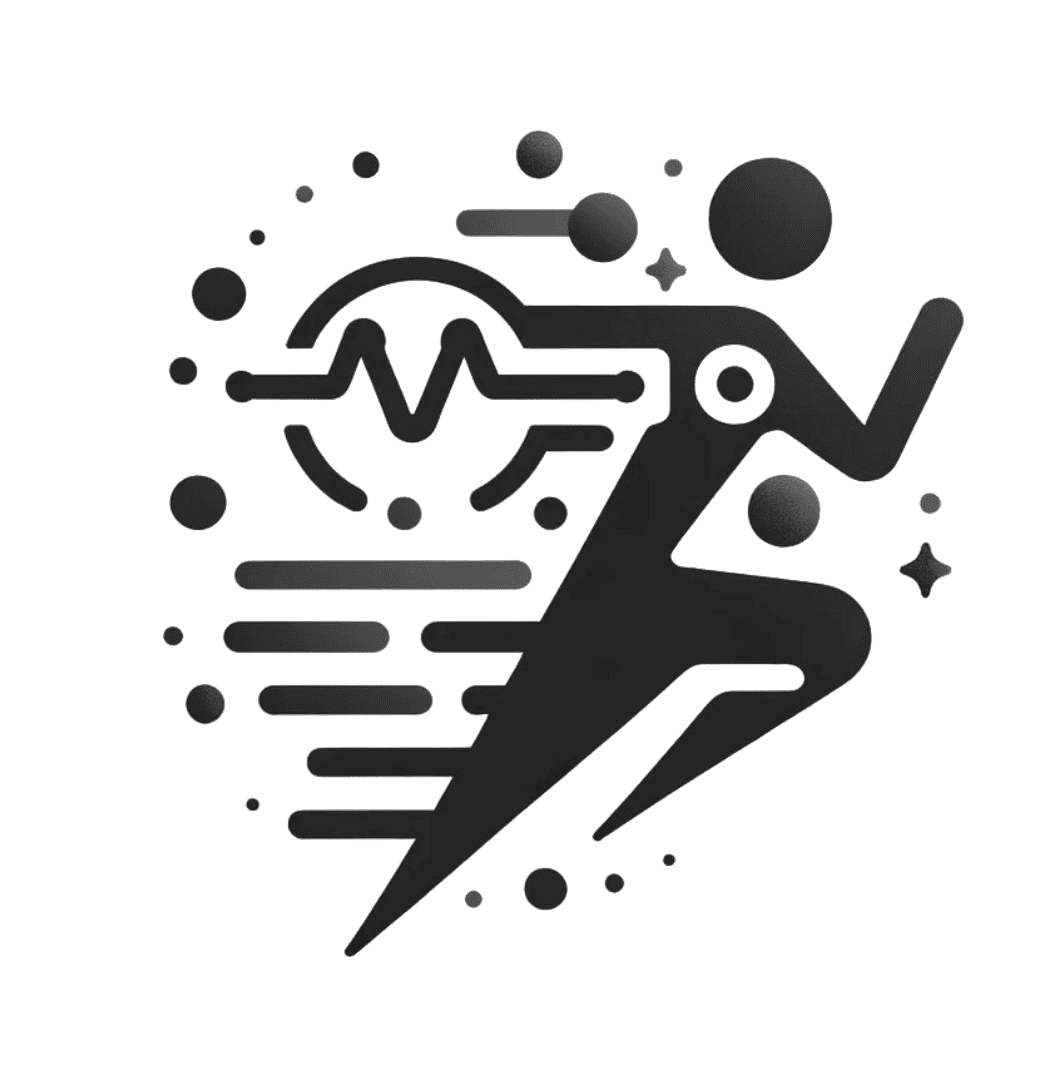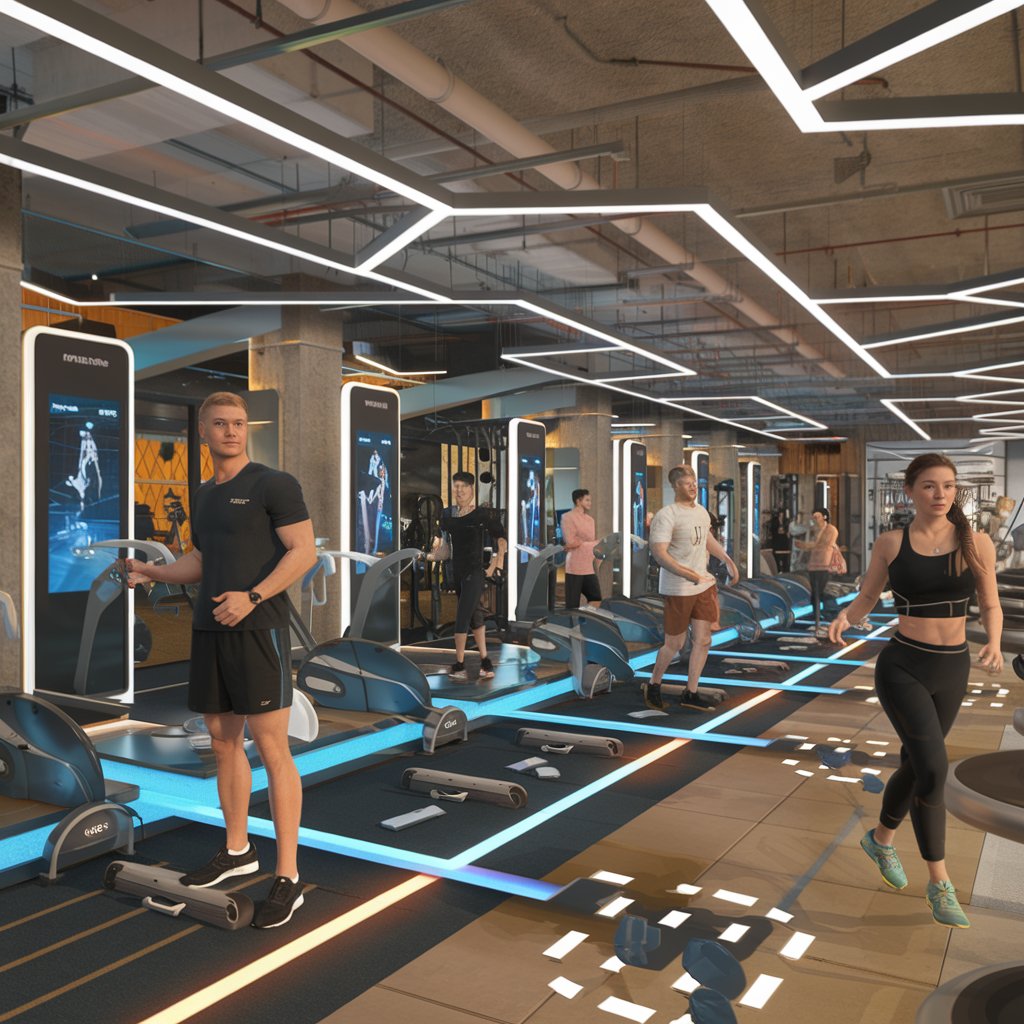
Strategies for Health Risk Evaluation: Transformative Approaches
Strategies for health risk evaluation are essential for maintaining optimal wellness and longevity. By understanding and applying these strategies, one can preempt potential health crises and live a healthier life.
Understanding Health Risks
Gaining a thorough understanding of health risks is key to ensuring long-term wellness. By integrating health risk evaluation strategies into daily life, we lay a strong foundation for sustainable health. Health risks are complex, involving genetic, lifestyle, and environmental factors. To effectively manage these, it’s vital to tailor risk assessment to one’s individual profile.
A central part of evaluating health risks is comprehensive fitness testing. This method assesses crucial aspects like flexibility, strength, and endurance. The insights gained offer a clear picture of one’s health status, highlighting areas requiring attention or improvement and dispelling unwarranted worries. Personalized health insights focus on specific needs such as muscle stability or cardiovascular fitness. The process is unraveled with resources like Fitness Testing Myths to clarify misconceptions and ease hesitations.
Moreover, advanced data-driven platforms enrich this individual experience. By merging AI with exercise science, personalized feedback becomes possible, guiding actionable steps toward better health and longevity. These strategies offer empowerment to take charge of wellness, enable realistic goal setting, and foster habits that lead to healthier, longer lives.
Strategies for Health Risk Evaluation
Effective health risk evaluation strategies should encompass a blend of traditional and modern approaches. Conventional methods like physical exams and family medical history remain foundational but need to be combined with contemporary techniques.
Wearable technology is a valuable tool, offering real-time health insights. Devices can track metrics like heart rate variability and sleep patterns, providing critical data for risk assessment. This, when properly analyzed, can reveal subtle health shifts that might be missed otherwise.
Genetic testing and biomarker analysis add another layer to evaluations. They can identify predispositions to various conditions, allowing for preemptive measures. Similarly, biomarkers serve as indicators for potential health issues, offering a chance for early response.
Lifestyle factors are integral to these strategies, assessing nutrition, physical activity, and stress levels, as these greatly impact health. Tools such as calorie and activity trackers offer useful information in this regard.
A comprehensive assessment combining these strategies informs a tailored health management approach. Individualized plans derived from this evaluation can significantly enhance health outcomes. For those interested in bespoke approaches, the significance of recovery in personalized training is detailed in the importance of recovery in personalized training, illustrating how to further customize fitness journeys for optimal health.
Implementing Personalized Fitness Plans
Implementing customized fitness plans is crucial in evaluating health risks. Understanding each person’s unique physical makeup and goals helps develop effective fitness programs. This approach involves more than custom exercise routines; it requires a detailed assessment of fitness levels, medical background, and lifestyle preferences.
Strategic evaluation of flexibility, strength, and endurance helps develop targeted interventions. This strategy illuminates potential health risks and improvement areas. Monitoring progress and adjusting plans as necessary help prevent injuries and support long-term wellness.
Tailored fitness plans stress the importance of recovery. Adequate rest and activities for enhancing flexibility and balance, particularly in older adults, are vital. This comprehensive approach ensures sustained results and reduces setbacks. Dive deeper into maintaining flexibility with insights on how to maintain flexibility as you age, supporting longevity.
Incorporating feedback through health evaluations keeps individuals motivated. This dynamic process adapts plans to evolving needs and goals. The personalized feedback loop fosters health improvements, encouraging a proactive stance toward fitness and longevity.
Leveraging Technology in Health Risk Evaluation
Today, leveraging technology is essential for effective health risk evaluation. The digital world offers intricate data to decode individual health profiles. With devices tracking biometric data and sophisticated algorithms analyzing inputs, understanding one’s body becomes more accessible.
Data from wearables and tech tools offer insights once only possible through medical consultations. Continuous tracking of vital metrics like heart rate, activity, and sleep allows for immediate and actionable health risk evaluations. These tech platforms can analyze trends, presenting a comprehensive view of health over time.
The focus on accessibility and personalization when employing technology in health evaluations is crucial. Whether tracking performance or recovery times, technology customizes health advice, ensuring evaluations are effective and finely tuned.
Athletes benefit greatly by focusing on injury prevention and recovery, while others can tweak lifestyles for balance. These tech insights are key for developing resilient health strategies. Explore more on tech’s fitness value through review of the best tools for fitness testing.
Taking Action to Secure Your Wellness
Taking proactive steps is crucial when evaluating health risks. It’s about understanding one’s unique health landscape beyond mere data points. Start by reviewing lifestyle habits, as these often indicate potential risks. Are you physically active? Assess your routine and consider adding exercises, from low-impact workouts to more intense sessions.
Diet plays a vital role too. Evaluate your nutritional intake. Are meals balanced or do they rely heavily on processed foods? A nutrient-rich diet diminishes risks and boosts overall health. If uncertain about your nutritional balance, reliable resources can guide your understanding of nutrients’ impact on fitness.
Regular health screenings should not be neglected. Schedule check-ups even when feeling well, as these preventive measures provide a detailed health picture. Adopting a mindful approach to stress management is equally important. Chronic stress leads to various health issues, so incorporating practices like meditation or yoga is beneficial.
Support your wellness journey by connecting with resources tailored to your needs, such as educational materials or expert advice. Strategies for health risk evaluation are most effective when they are personal, actionable, and sustained over time.
Final words
undefined






